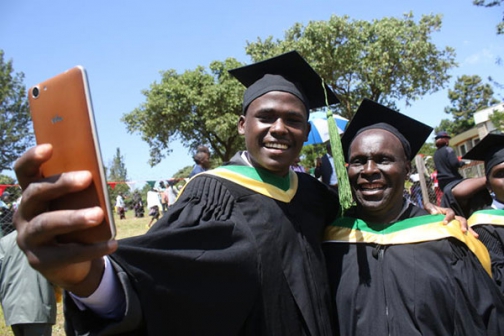
Most Kenyan universities today are operating in solvency state as the funds provided by the national government are not enough to sustain their operations, Equity Bank CEO James Mwangi has said, and encouraged private business and individuals to donate to the institutions.
Speaking at the fourth graduation ceremony at the Meru University of Science and Technology (Must) Mr Mwangi said the funding provided by the government through the Differentiated Unit Cost system for different programmes was inadequate for the institutions to run smoothly hence the need for more funding by other stakeholders and partners.